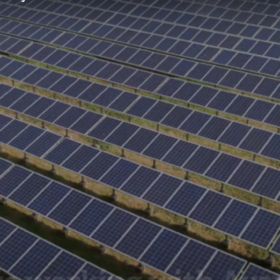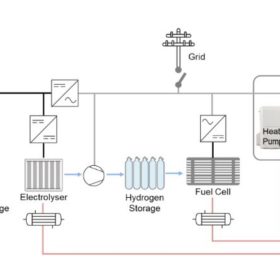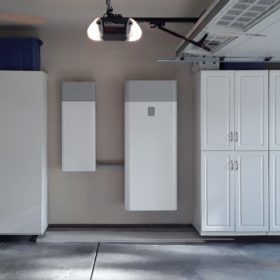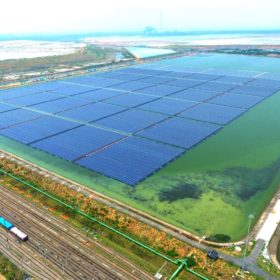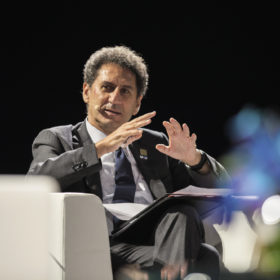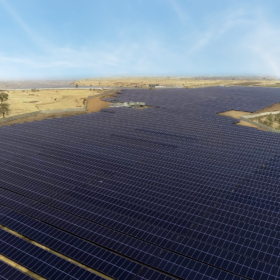India’s solar report card for 2021
India added 10.4GW of solar power generation capacity in the January-December period of 2021. Out of this, 42% was installed in Rajasthan alone.
British International Investment commits US$89 million to scale renewable energy generation in India
The UK investor (formerly known as CDC Group) has committed a $47 million follow-on investment in Fourth Partner Energy to build 294MW of greenfield renewable power capacity. Another $42 million will go to Italian power utility Enel’s India arm Thar Surya 1, to support the development of a 300MW greenfield solar project in India.
Sterlite Power wins second power transmission project in Jammu & Kashmir
This project will play a pivotal role in strengthening the economy and empowering the local community in addition to supplying reliable green power to North India including Jammu and Kashmir.
Designs for solar+storage+hydrogen systems in buildings
German scientists have tried to determine whether a PV system linked to a small electrolyzer, a fuel cell, and lithium-ion batteries could fully power a grid-connected household. Their new proposal consists of a 6.8kW PV array, a 5kW electrolyzer, a 1.24kW fuel cell system, and battery storage.
SunPower launches whole-home backup solution
The US manufacturer has expanded the battery capacity options for its SunVault Storage product, up to 26 kWh and 52 kWh configurations.
Challenges in land acquisition for solar projects
While the Central and State Governments have taken several proactive steps to make it easier for solar developers to acquire land for their projects, land aggregation remains the single biggest roadblock in implementing large-scale projects, resulting in a slowdown in the industry.
NTPC’s Ramagundam floating solar project hits 80MW milestone
The 100MW floating solar project at NTPC Ramagundam Thermal Power Plant in Telangana has reached 80MW of operational capacity with the recent commissioning of 42.5MW.
World will need 5.2TW of solar this decade to avoid climate breakdown
The International Renewable Energy Agency’s latest global outlook has spelled out just how ‘woefully’ far the world is from capping temperature rises at 1.5C, and lamented: ‘The stimulus and recovery efforts associated with the pandemic have also proved a missed opportunity.’
Tata Power and Social Alpha launch net-zero accelerator program for industries
The ‘Net-Zero Industry Accelerator’ program will prioritize industries with the highest carbon footprints and assure a robust ecosystem to support a new generation of entrepreneurs as they take disruptive climate-tech innovations for industrial decarbonization from the lab to market.
MNRE delays ALMM implementation to open-access solar projects
The Approved List of Models and Manufacturers (ALMM) requirement will now apply to projects that request open access or net metering from October 1, 2022.

